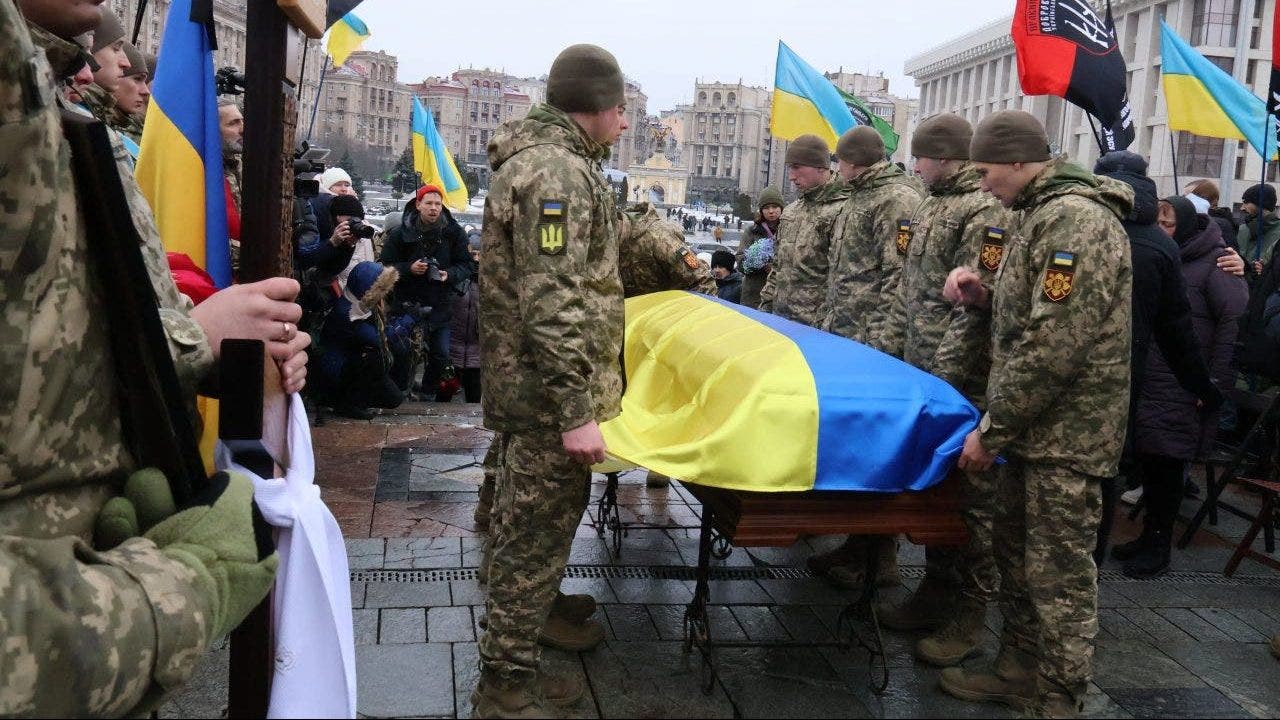The recent agreement between Russia and Ukraine to swap the remains of deceased soldiers marks a significant step in allowing each country to repatriate the bodies for proper burial. This emotional and humanitarian milestone comes after approximately 132 soldiers lost their lives in the ongoing Russian invasion of Ukraine.
The Mutual Exchange
The arrangement for the mutual exchange of soldiers’ remains involved cooperation between government agencies in both countries and the International Committee of the Red Cross. Shamsayil Saraliyev, a member of the Russian parliament, confirmed that Russia had received the remains of 55 deceased soldiers. Simultaneously,
Ukraine‘s Coordination Headquarters for the Treatment of Prisoners of War announced the recovery of 77 bodies from Russian custody. This joint effort demonstrates a willingness to honor and
respect the fallen soldiers, regardless of the geopolitical tensions.
The Impact and Response
The repatriation exchange underscores the profound impact of the ongoing conflict and the resulting casualties. It is a poignant reminder of the human cost of war, transcending political rhetoric and agendas. Despite the challenging circumstances, the completion of this exchange signifies a critical willingness from both nations to address the human toll of the conflict.
Ukraine’s Resilience and Geopolitical Dynamics
In the midst of this solemn exchange, Ukraine’s resilience and determination have been evident. Despite facing significant challenges, Ukraine has garnered notable success against Russia’s formidable Black Sea fleet. This success has led to increased grain exports, defying pessimistic expectations from international allies. The nation’s efforts to secure safe grain shipments through the Black Sea amid wartime conditions have been crucial for sustaining vital exports and supporting global food security.
International Mediation and Implications
The United Nations brokered a crucial deal in July 2022 to ensure the continued shipment of grains from the “breadbasket of Europe.” This deal, responsible for 30% of the global grain supply, was critical in maintaining vital food supplies amidst the conflict and regional instability. However, the subsequent collapse of the agreement and Russia’s targeting of grain silos have raised concerns about the potential for a food shortage crisis. Despite these challenges, Ukraine’s unwavering commitment to finding alternative means of shipment reflects the nation’s resilience and determination to overcome adversity.
Conclusion
The agreement between Russia and Ukraine to exchange the remains of fallen soldiers reflects a compassionate and humane approach amidst the geopolitical tensions. It underscores the shared recognition of the human cost of the conflict and the willingness to address it with dignity and respect. Moreover, Ukraine’s resilience in maintaining its agricultural exports despite the challenges highlights the nation’s determination to navigate the complexities of the ongoing conflict. As the international community continues to monitor developments in the region, the symbolic significance of this remains exchange offers a poignant reminder of the far-reaching implications of geopolitical dynamics and the imperative of honoring those who have made the ultimate sacrifice.


